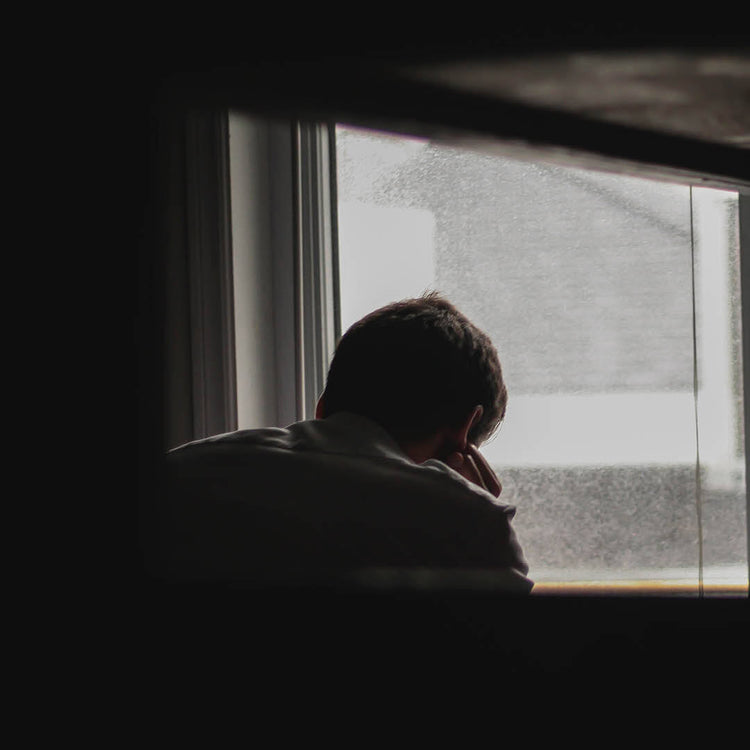The impact of this year’s trauma on how we’re sleeping
Why sleep disturbances are likely to be a common issue for many of us amidst the traumatic events of 2020.


The National Institute of Mental Health defines a traumatic event as “a shocking, scary, or dangerous experience that can affect someone emotionally and physically. Experiences like natural disasters (such as hurricanes, earthquakes, and floods), acts of violence (such as assault, abuse, terrorist attacks, and mass shootings), as well as car crashes and other accidents can all be traumatic.”
The COVID-19 pandemic that stopped the world in its tracks and had us fearing for our lives and livelihoods, followed by the shocking viral video of George Floyd’s murder at the hands of police and the subsequent flurry of evidence of the continuous injustice against the black community, has caused us to be exposed to an unusually high level of traumatic global events. The American Psychological Association explains that traumatic events “often challenge an individual’s view of the world as a just, safe, and predictable place”, which, when the future remains especially uncertain is impacting our mental health on a vast scale.
Trauma is personal, and causes different reactions for everyone with effects that can be instant or delayed. Although most people who experience trauma can have initial symptoms that include “exhaustion, confusion, sadness, anxiety, agitation, numbness, dissociation, confusion, physical arousal, and blunted affect,” the good news is that most people will have no long-lasting effects that impact their everyday ability to function.
One of the most common symptoms is hyperarousal or hypervigilance which precedes the fight-or-flight defence response, preparing us to react to threat. Being in this state of heightened awareness often causes sleep disturbances, ranging from early wakening, restless nights, trouble falling asleep and nightmares.
The National Sleep Foundation explains that “when the body is overstimulated, the brain is flooded with neurochemicals that keep us awake, such as epinephrine and adrenaline, making it difficult to wind down at the end of the day. The neurochemicals remain present in the brain and can interrupt your normal sleep cycle.” They recommend avoiding the news before bed (which means no scrolling social media), avoiding coffee in the afternoon and evening, creating a relaxing bedtime routine and allowing yourself 15-45 minute naps when you feel exhausted as just some of the things you can do to alleviate sleep disturbances.
Mental Health America echoes this in an article about secondary trauma, saying sleep can aid resilience: “Get rest when you can. It not only helps us build a more resilient immune system, it also builds up emotional and mental health immunity.”
Alongside these practical steps, a sleep supplement may help to counteract sleep issues that arise as a result of trauma. SLEEP DROPS are alcohol-free and non-habit forming, using valerian root for its sedative effect and clinically-studied passionflower to improve the quality of your sleep.